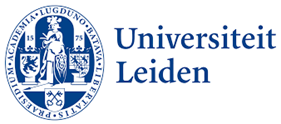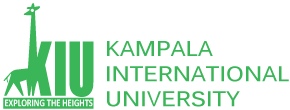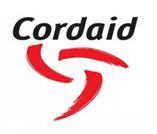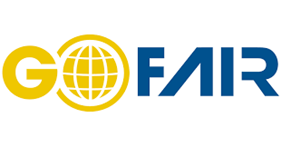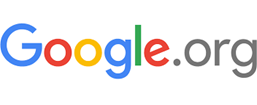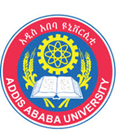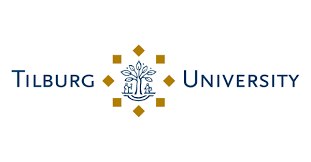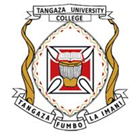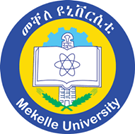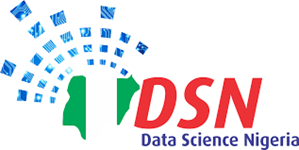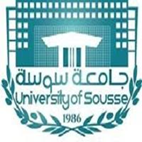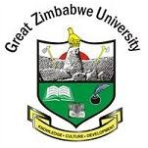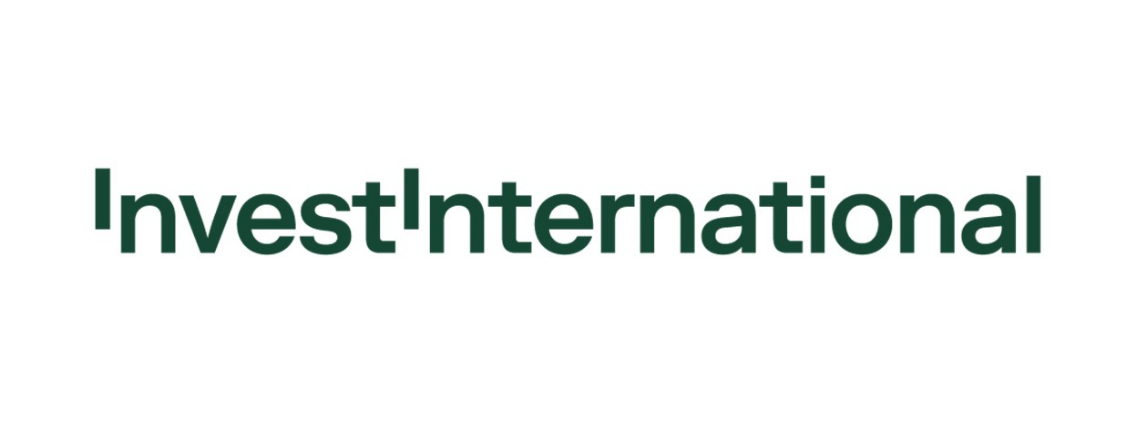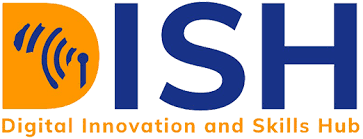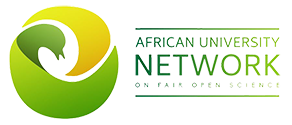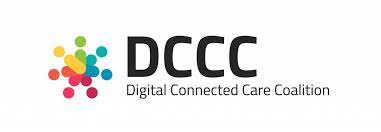The Natural Resource of the Digital Economy is Data, Says Prof Mirjam van Reisen at the Sitting of the African Union Pan-Africa Parliament (AU-PAP) Committees
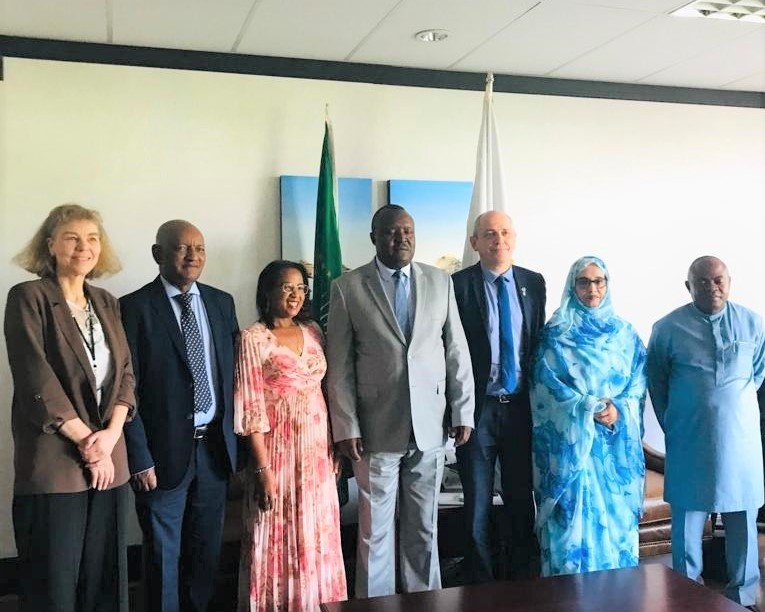
“The natural resource of the digital economy is data. It is critical that this resource is owned by the producer because data has a high financial value and value for innovation.”
The above statement encapsulates the presentation of the VODAN-Africa Team at the recently concluded Sitting of the African Union Pan-Africa Parliament (AU-PAP) Committees and other PAP organs from 6th - 17th March. The AU-PAP which sits in Midrand, South Africa is intended as a platform for people from all African states to be involved in discussions and decision-making on the problems and challenges facing the continent.
The team led by the Global Coordinator, Prof. Mirjam van Reisen, gave an outstanding presentation during the plenary sessions on "Data Infrastructure, Data Ownership, and value for data for Africa", "International Collaboration on the Internet of FAIR Data and Services, and the Health Data Space."
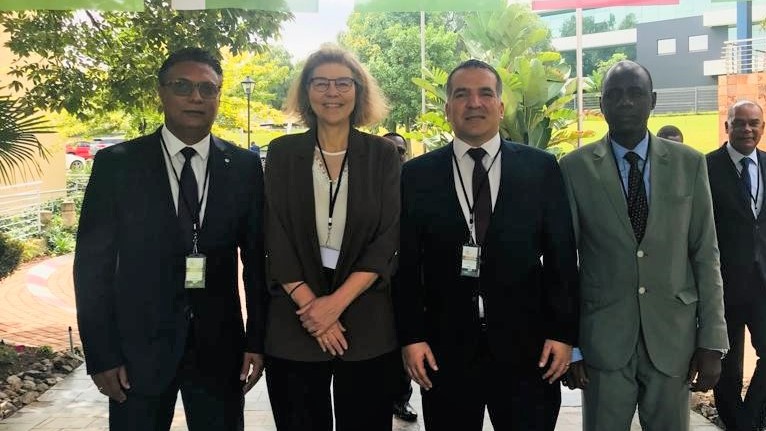
VODAN-Africa Initiative over the years has spearheaded the development of digital health platforms that encourage data ownership from the point of production. According to Prof van Reisen, "The Data Ownership is currently lacking. The data are moved out of the African Continent. This represents a big loss for Africa."
The Initiative’s value proposition is anchored on the following areas.
- Data is owned in the locale where it is produced and brings value back to the data producer.
- The Data is kept within the Country and/or Continent and according to regulatory compliance in each place.
- The Data is secure and safely stored and can never be visited without permission.
- The Data is used by "visiting" - this means that only for a specifically defined purpose the (federated/distributed) data can be visited by an algorithm for a well-defined objective - the personal data is well protected according to the personal data protection.
Therefore, the federated/distributed data can be visited by making the data Findable, Accessible, Interoperable, and reusable (FAIR).
"It would be very relevant for the PAP to support the principle of Data Ownership. Already several countries have started to legislate that patient data should not leave the country. This is a very important principle and will help the creation of the African Health Data Space", said Prof van Reisen.
Africa-Europe Partnership on Data Ownership
Interestingly, Europe is interested in collaborating with Africa in tackling the issue of Data Ownership. Prof van Reisen noted that Europe is legislating in the areas of Open Science and Innovation Cloud, and Health Data Space.
"By creating the African Health Data Space, other innovation is promoted, especially in African natural medicine, African Medicine Agency research in medicine and side effects, vaccine development and production, will require an African Health Data Space. The value of the data is so retained in Africa and can also help support the health clinics where the data is produced and reposited.
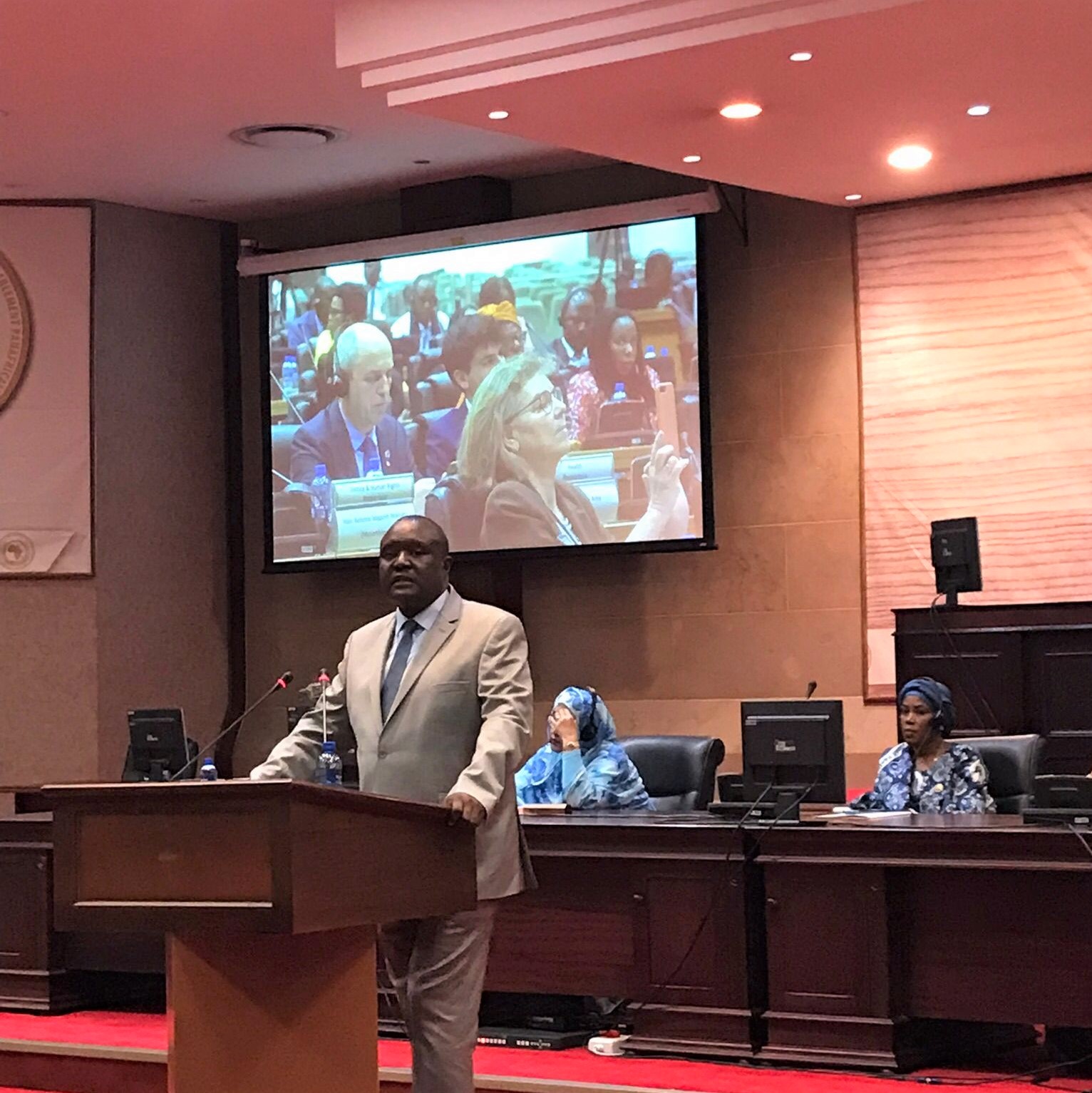
"From the African Health Data Space, it is easy to imagine an African Agriculture Data Space or African Migration Data Space. The principle is the same: data is held under regulatory compliance in the place, stored securely, it is 'machine-actionable' and can therefore be 'visited' and re-used, and this is under the condition that permission is given by the right authorization process, for concrete limited purposes and with full personal data protection. The value of the data is to be retained in Africa. Data cooperation with Europe only under this condition that the data and the value of the data are retained in Africa."
Development of Curricula and Capacity Building on FAIR Data Ownership
"The teams have set up the curricula for Capacity Building on the Data Ownership, in a programme called DISH - it is training data stewards, which is a huge new domain for employment, and which is of interest for African youth", Prof van Reisen noted.
Through the East Africa-based Digital Innovation and Skills Hub (DISH), the VODAN-Africa team developed a FAIR Data Stewardship.
The purpose of the program is to develop capacity building for data clerks, data stewards, and domain experts on data FAIRification. On November 2022, VODAN-Africa certified 30 Data Stewards across Africa on FAIR Data Management. These data stewards were equipped with capacity in linked data, vocabulary creation, selection and reuse, creation of machine actionable templates, the building of semantic data, deployment of FAIR Data Point (FDP), and publishing metadata in FDP.
